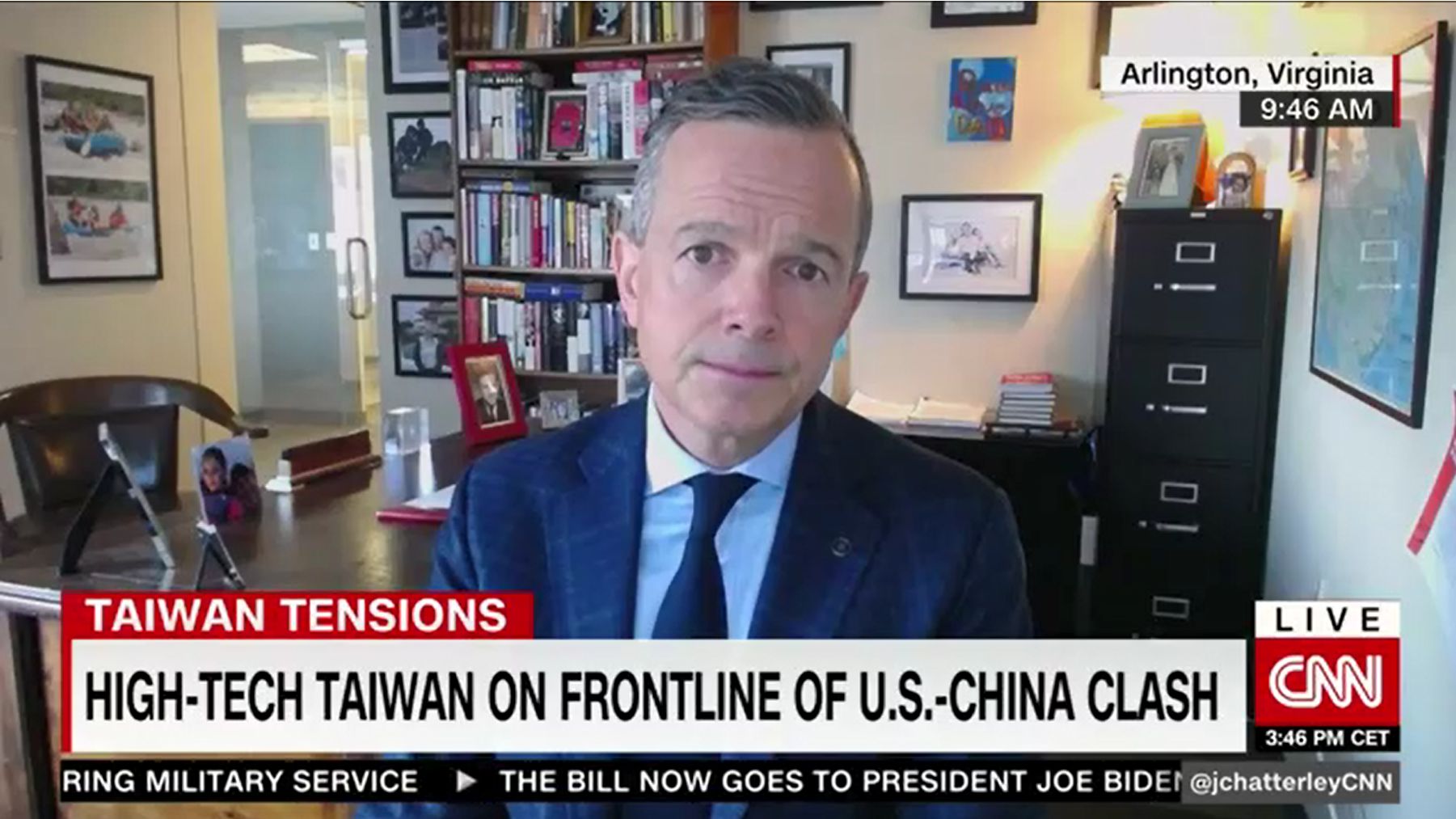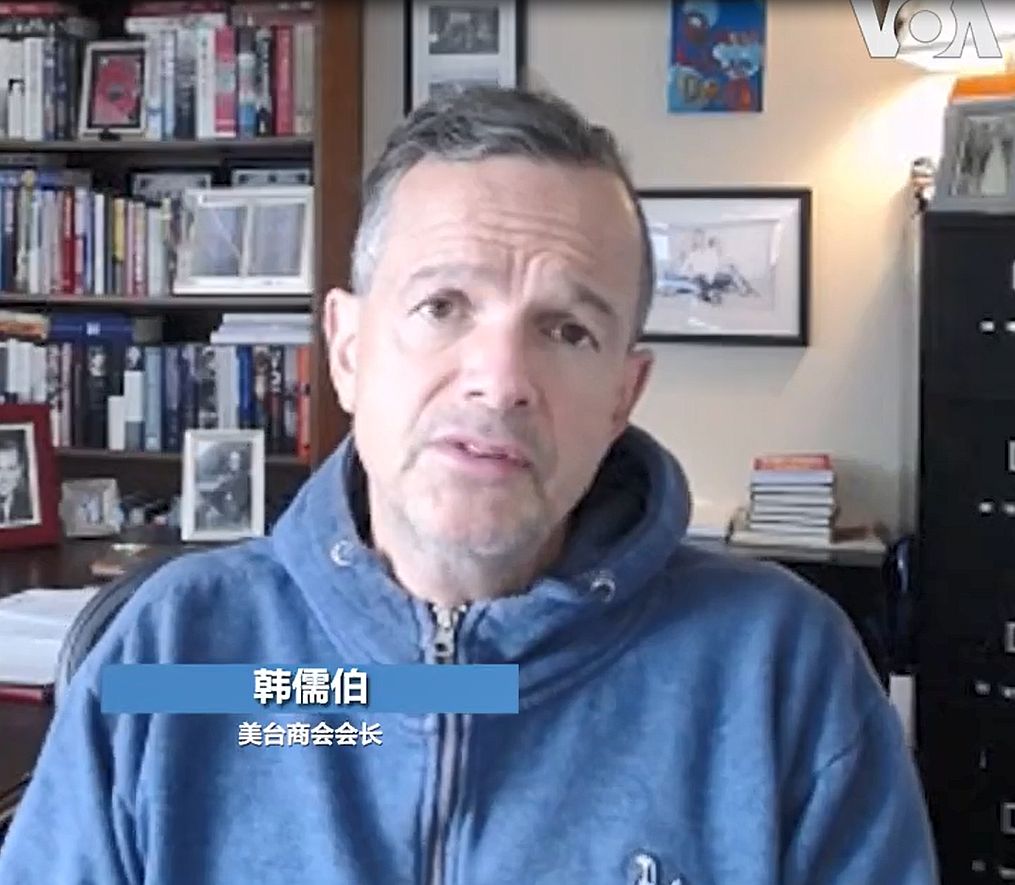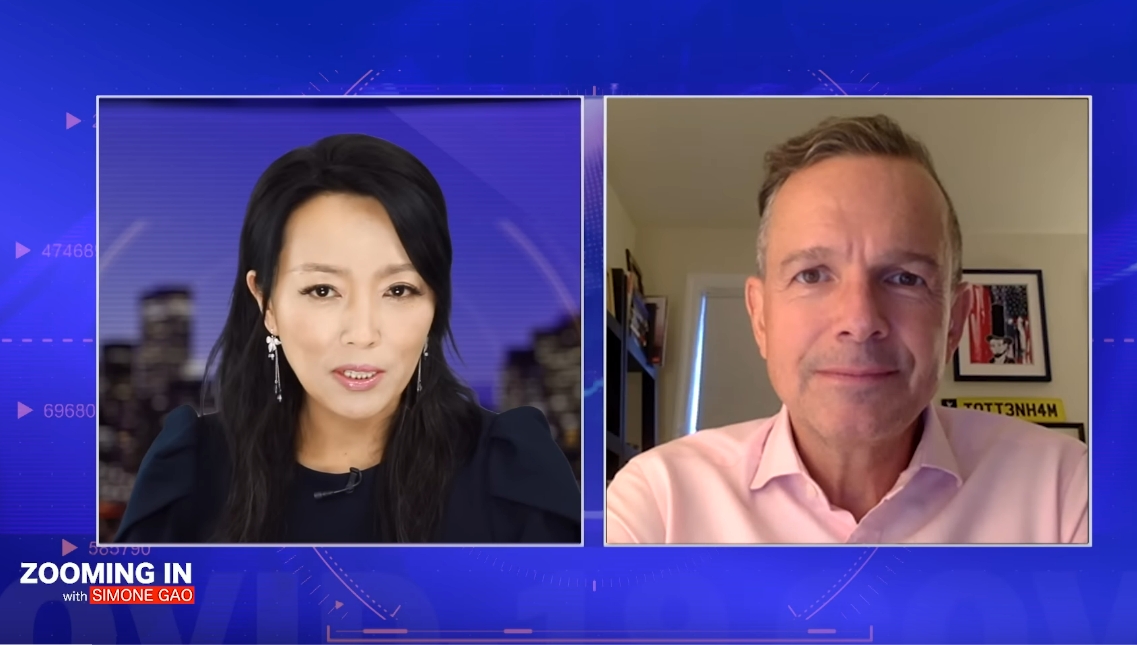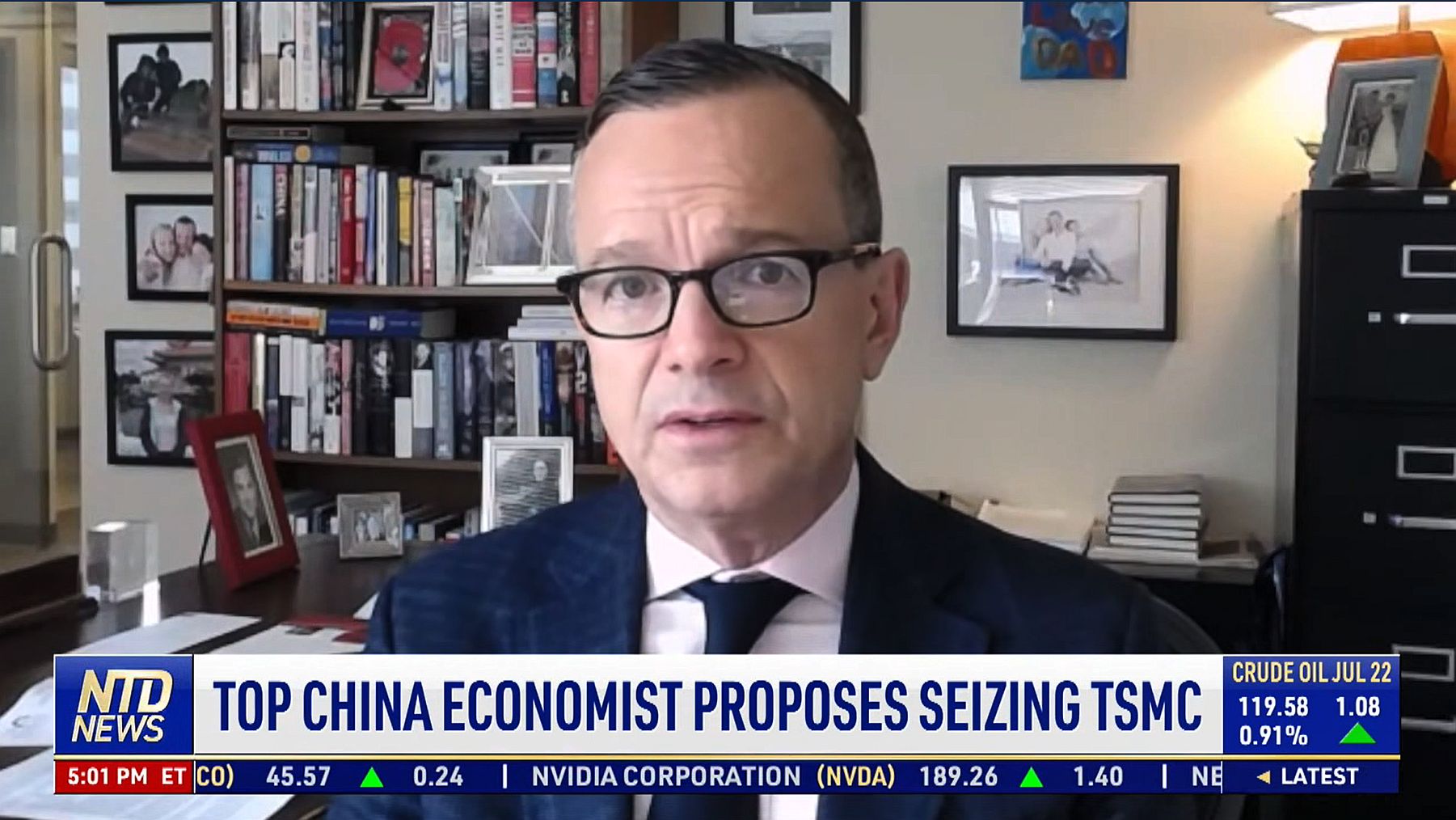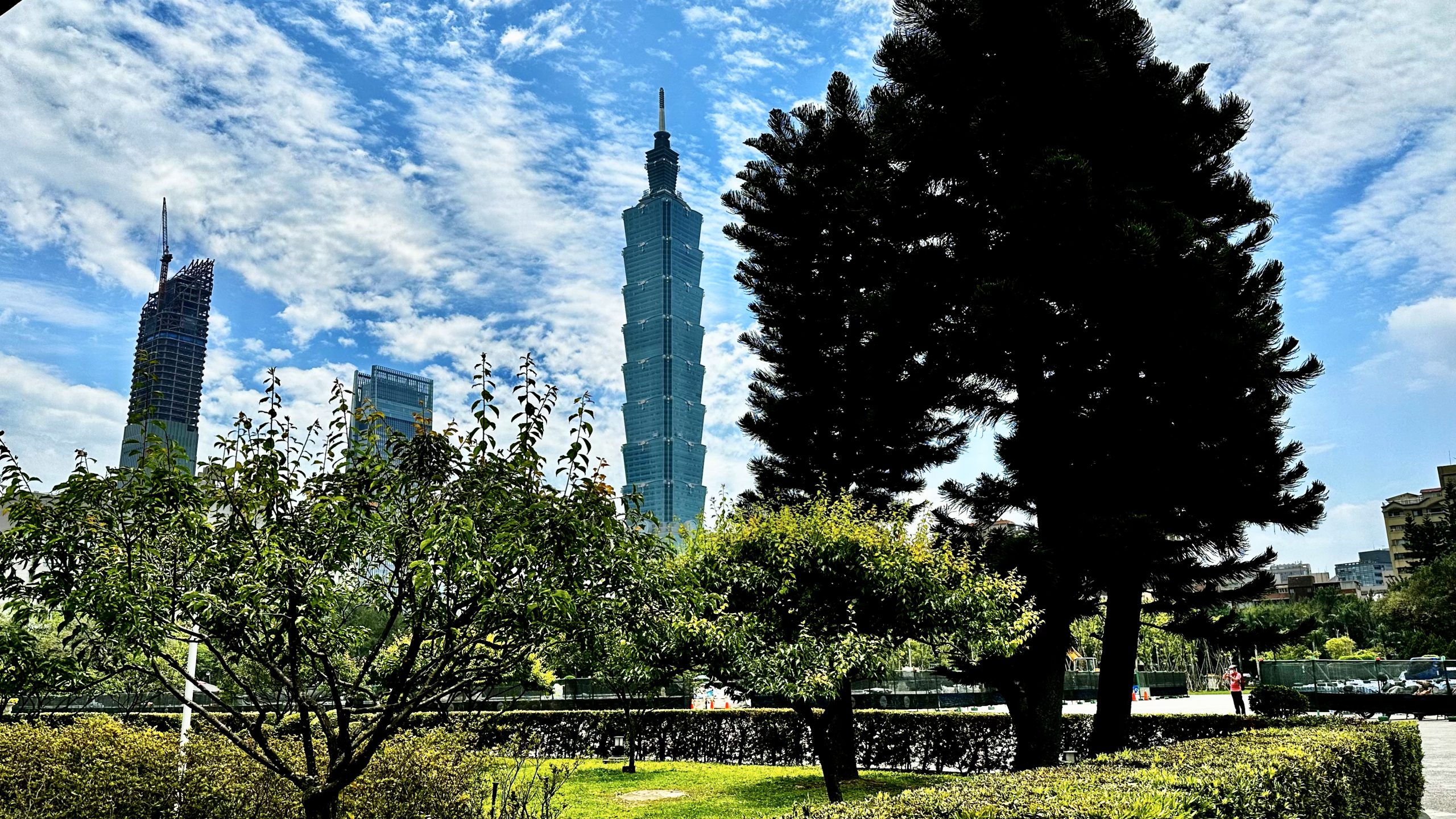Media Mention: Council President Interview on Radio Free Asia

US-Taiwan Business Council President Rupert Hammond-Chambers appeared on Radio Free Asia‘s Cantonese news branch on March 27, 2024. He discussed a recent United States business delegation to China and their visit with Xi Jinping.
When asked if Xi was meeting with the U.S. leaders to potentially sway political support to China, Hammond-Chambers said,
“I’m not saying this is the only reason he’s doing it, but I do think this is a consideration for the Chinese. That they want to play down as much as is possible confrontation between the U.S. and China through this year, to moderate (if possible) the debate between Republicans and Democrats on what a future China policy should look like.”
Later in the interview, he also noted that Beijing is worried about future U.S. foreign policy, saying,
“China policy will be an important consideration within the debate between Republicans and Democrats and voters generally, on who should run the United States and what sort of China policy they should pursue. This, clearly, has raised some concerns in China about just how radicalized the debate could be between President Biden and President Trump, and the parties themselves, over how to engage the Chinese and how combative or cooperative the United States should be over the next four years.”
Source: Radio Free Asia Cantonese YouTube
Radio Free Asia also published the interview on its website. See below for the translated text:
U.S.-Taiwan Business Council: The Meeting Achieved a “Visual Effect”
Rupert Hammond-Chambers, President of the US-Taiwan Business Council, pointed out that U.S. representatives who meet with Xi Jinping are regarded as friends of China and are “the safest choice.” The focus of the same type of sidelines meeting is not on actual results, but on political visual effects: Xi Jinping hopes to convey to his and American people that Chinese highest officers’ position is to maintain contact with the American business community. At the same time, the American business community wants to convey to the Chinese people that they also want to reduce tensions. Xi Jinping chose to meet with “old friends of China” during the U.S. election year. Chambers explained that this would help bring the wind and enable these U.S. representatives to defend China’s interests in November. He said: “This is not the only reason Xi Jinping did this, but I think it is China’s consideration. They hope to downplay the confrontation between China and the United States as much as possible this year in order to coordinate the future debate between the Republican Party and the Democratic Party on China policy if possible.”
Hammond-Chambers also pointed out that the United States’ China policy will determine either Biden or Trump will win the US election, and Beijing is worried that future foreign policies will be detrimental to China. He added: “China policy will become an important consideration in the debate between Republicans and Democrats, as well as for voters to decide who should manage the United States and what kind of China policy the United States should pursue. This obviously caused China to worry about how aggressive Biden and Trump will be, how the two parties will engage with China, and how the United States will compete or cooperate with China in the next four years.” The U.S. business representatives who participated in the meeting, and the top ones, including Evan Greenberg and Stephen Orlins of the National Committee on U.S.–China Relations, a U.S. non-governmental organization. Greenberg is also the CEO of Chubb Insurance (Chubb). The late Secretary of State Kissinger was the executive vice chairman of this committee.

